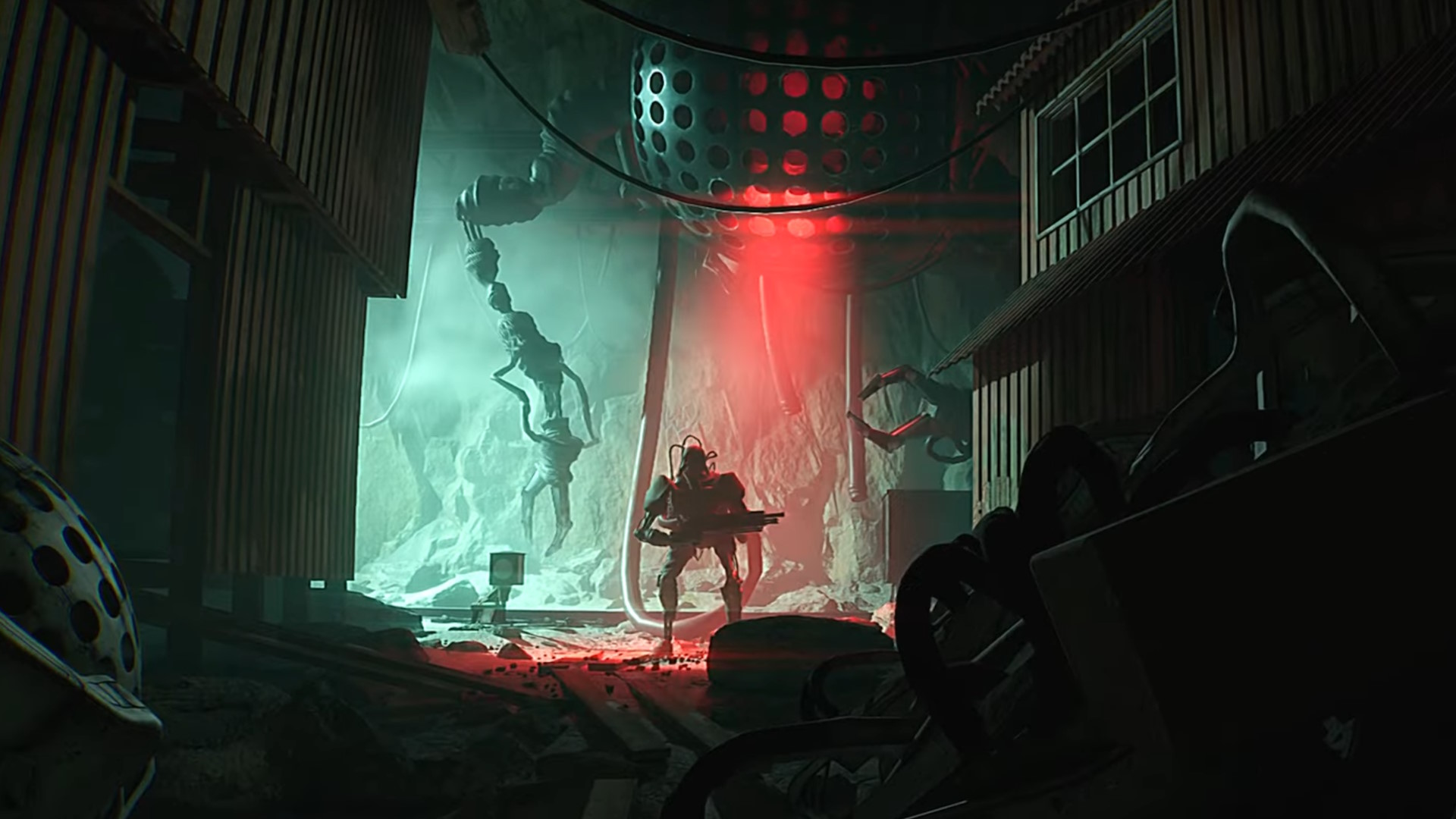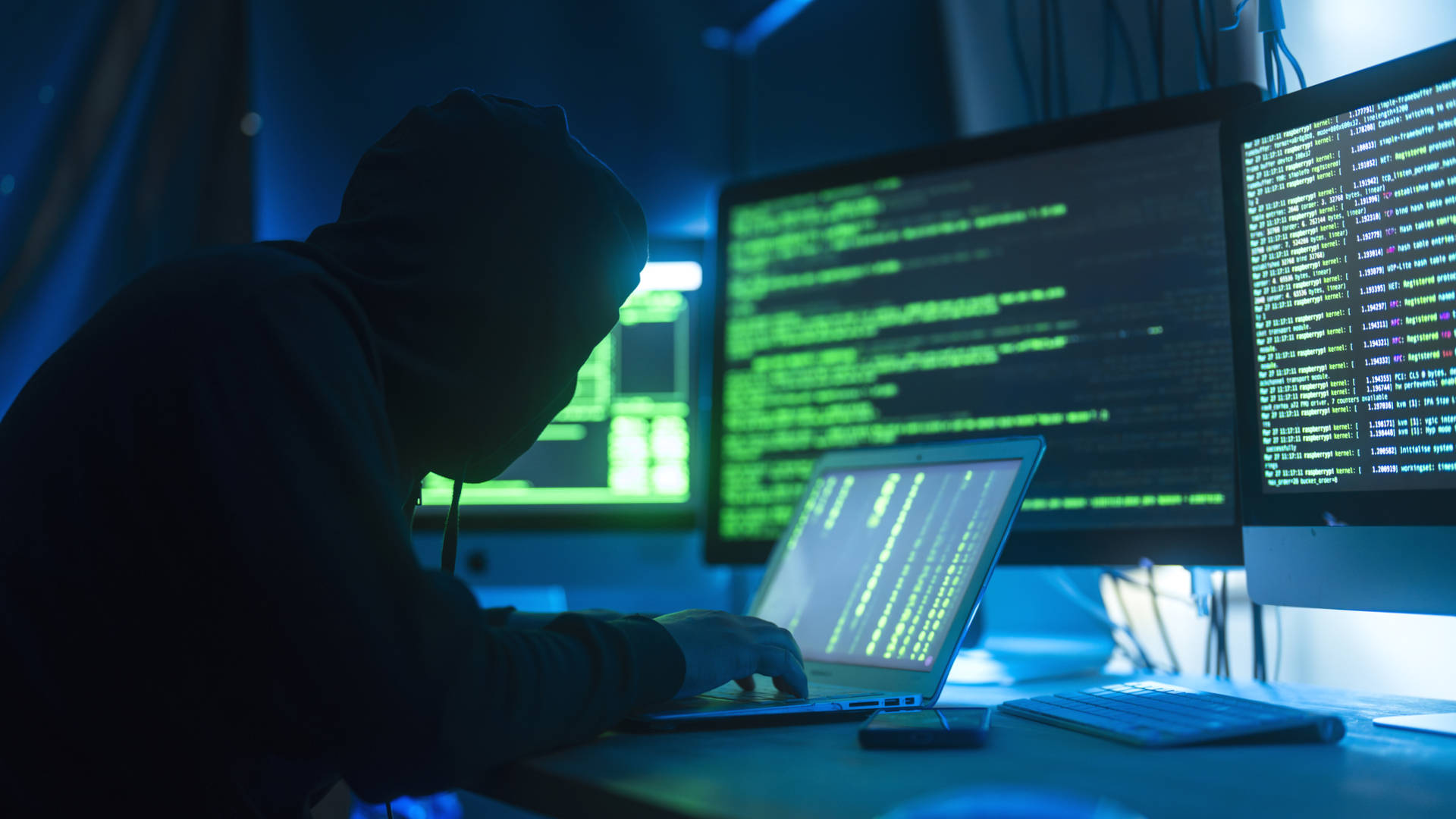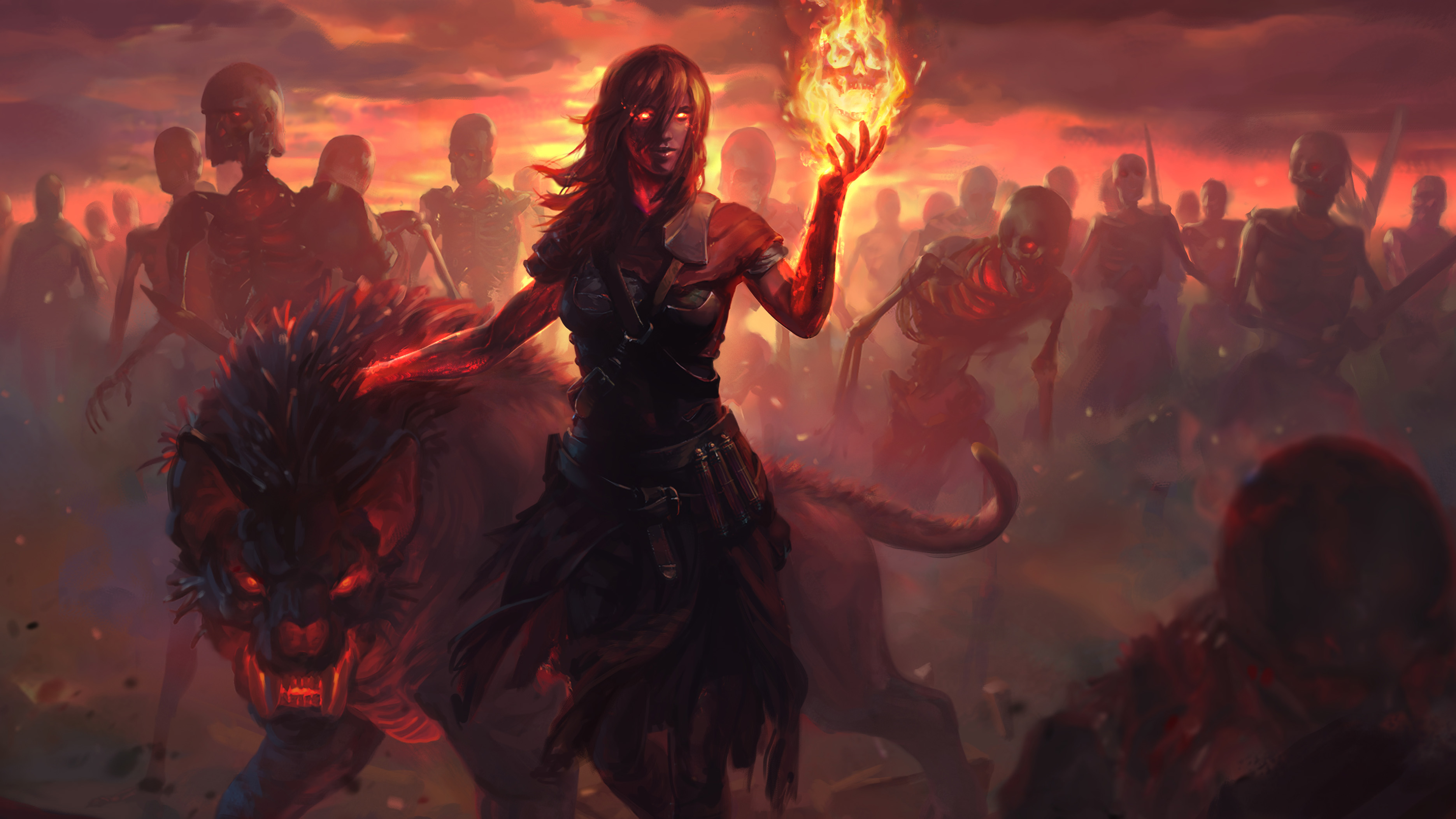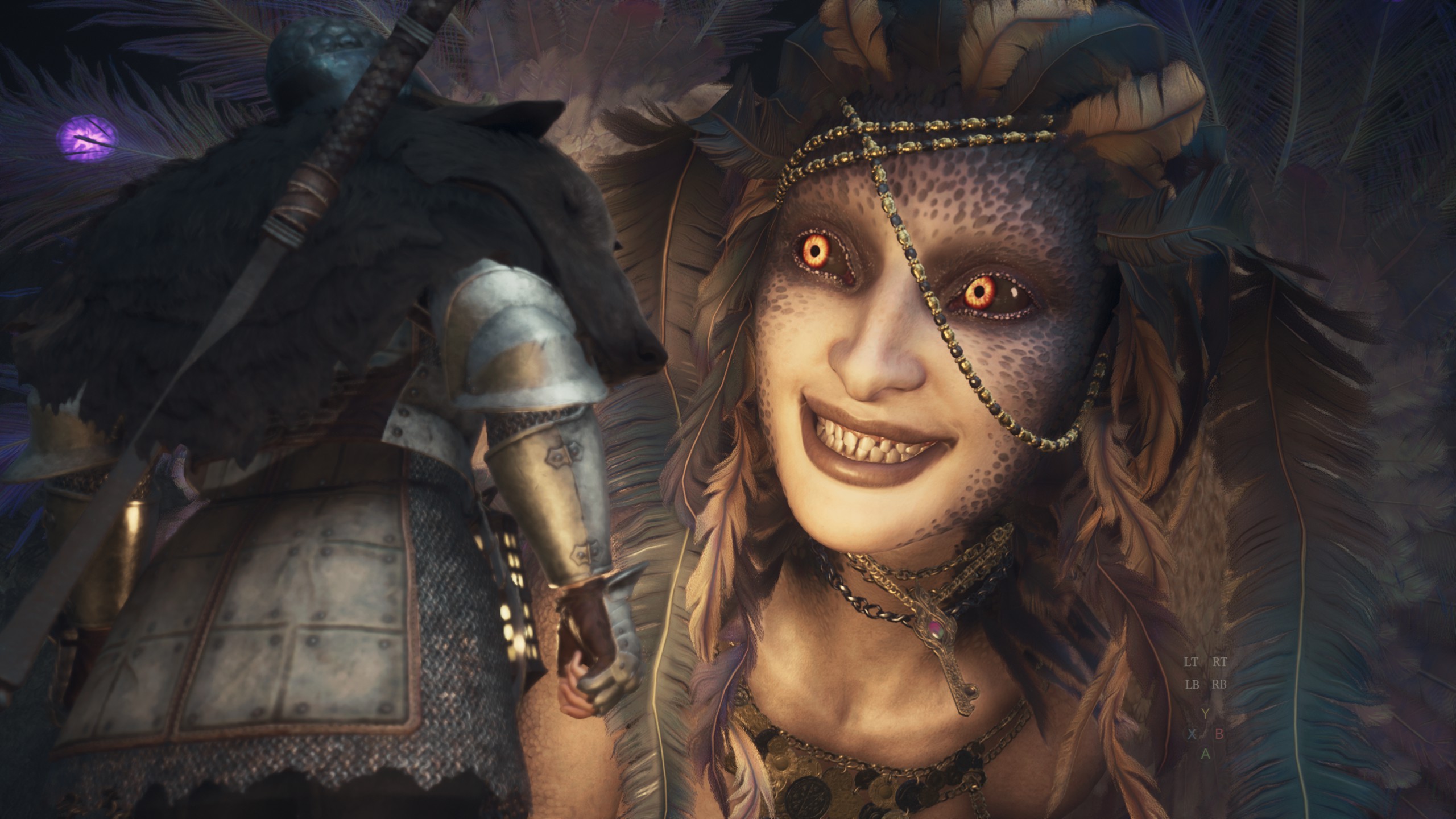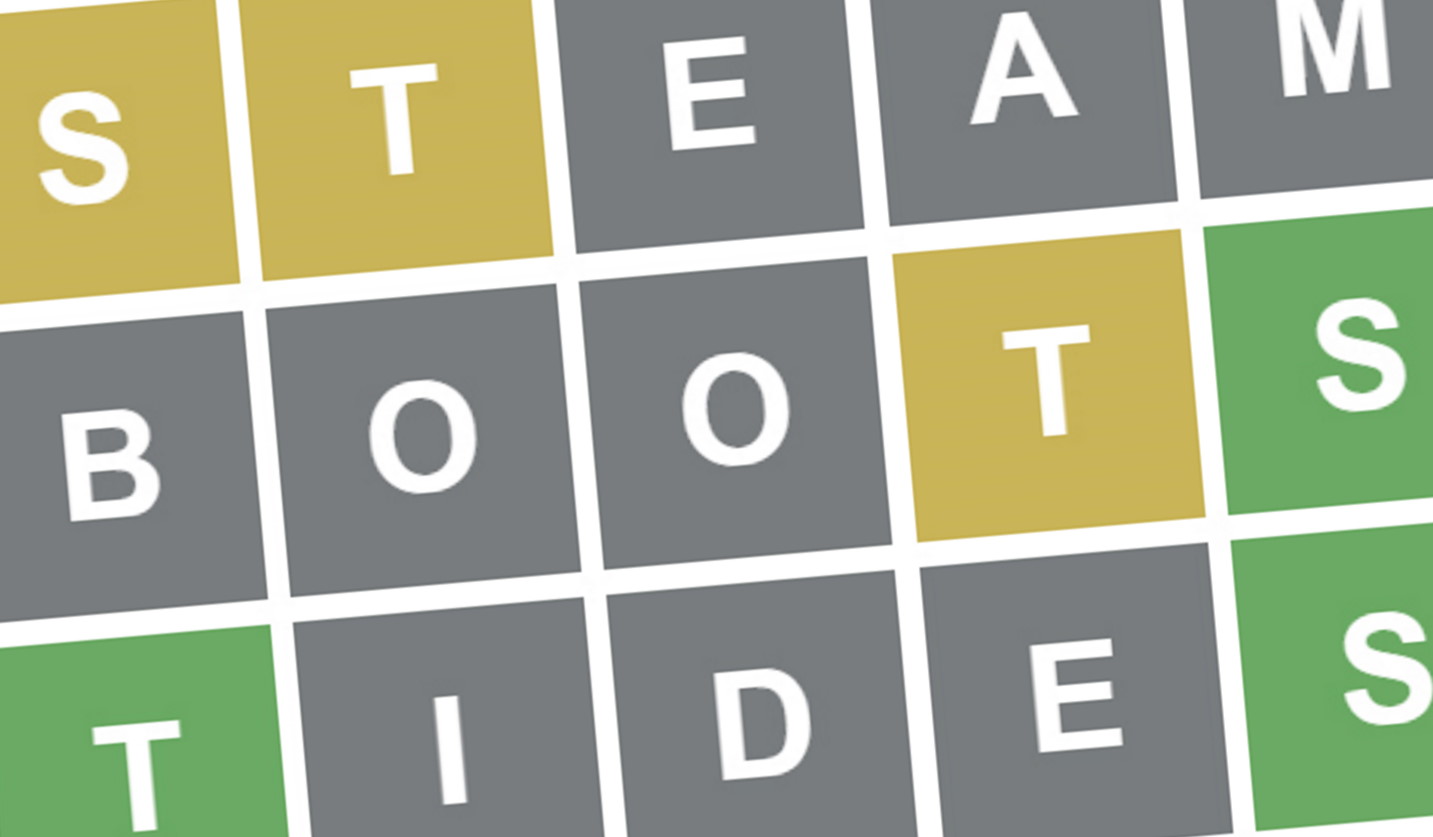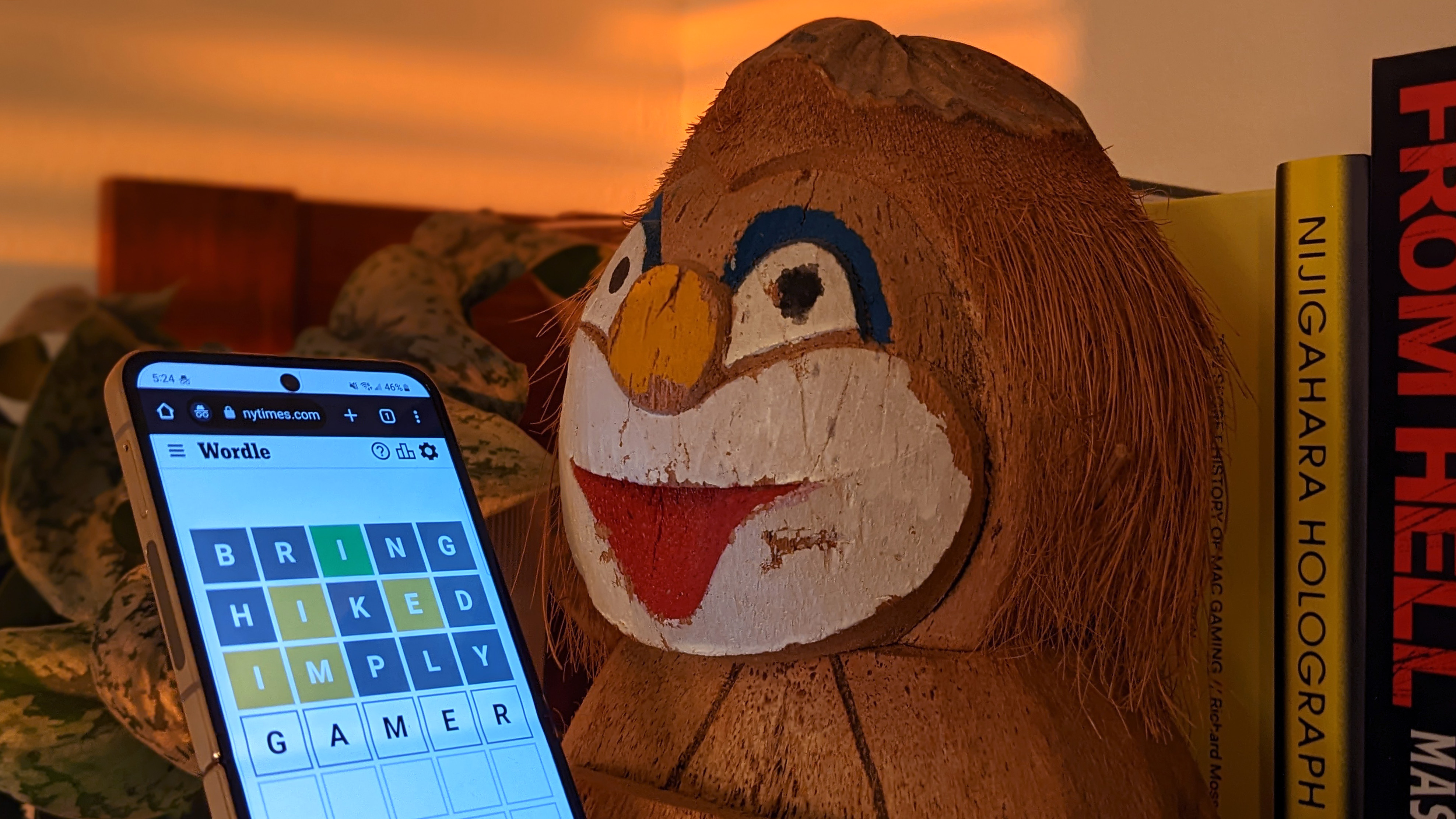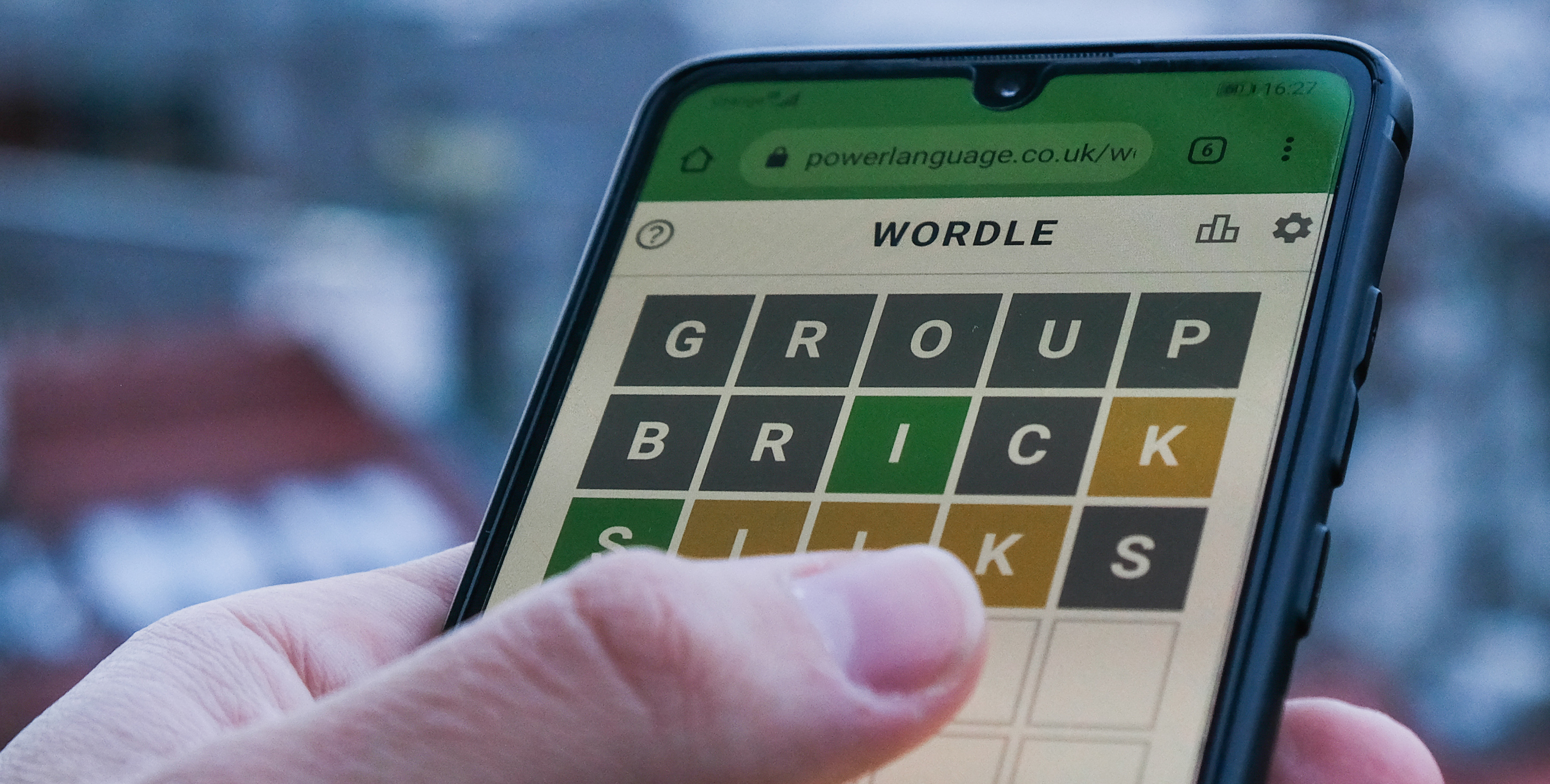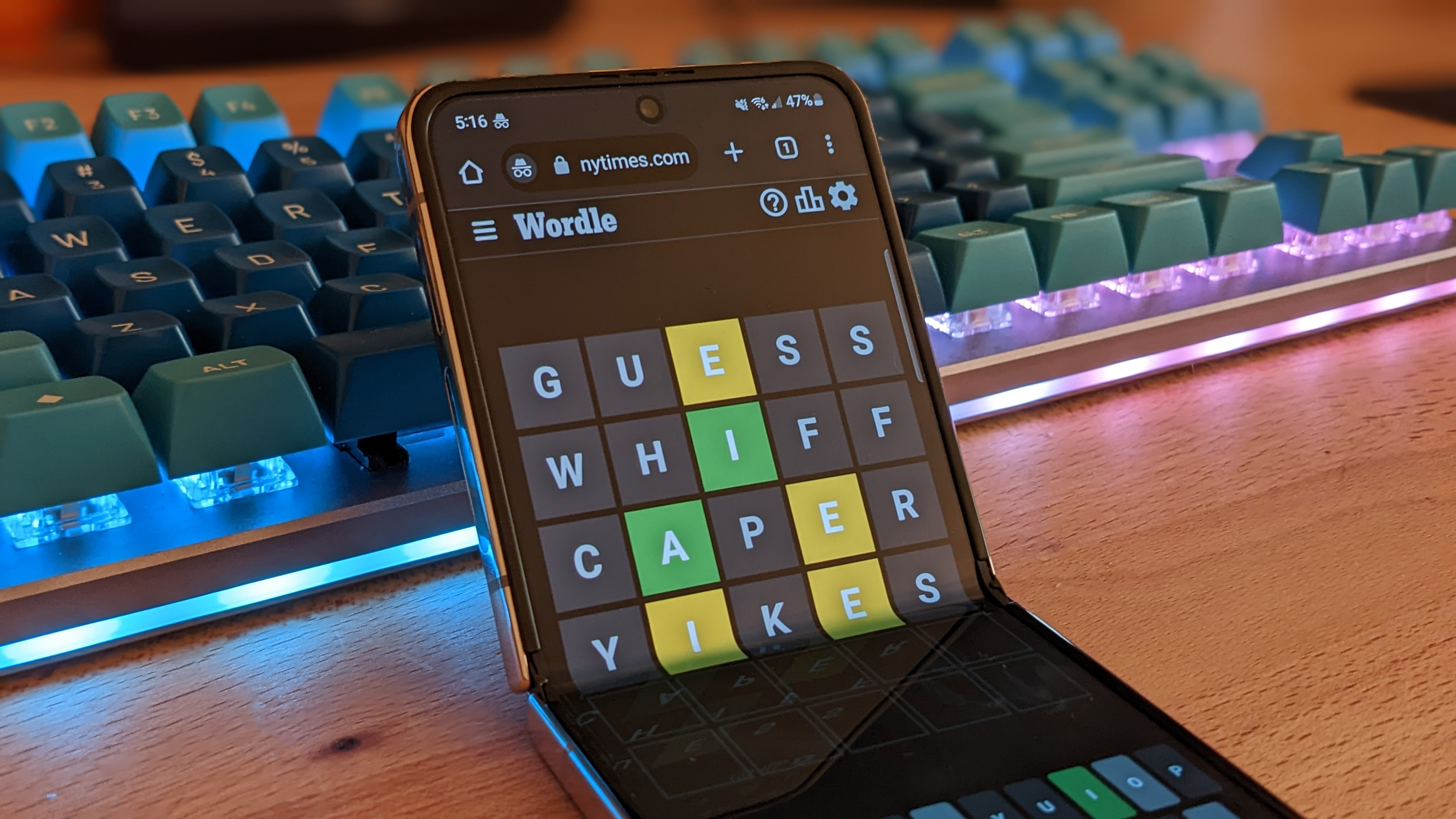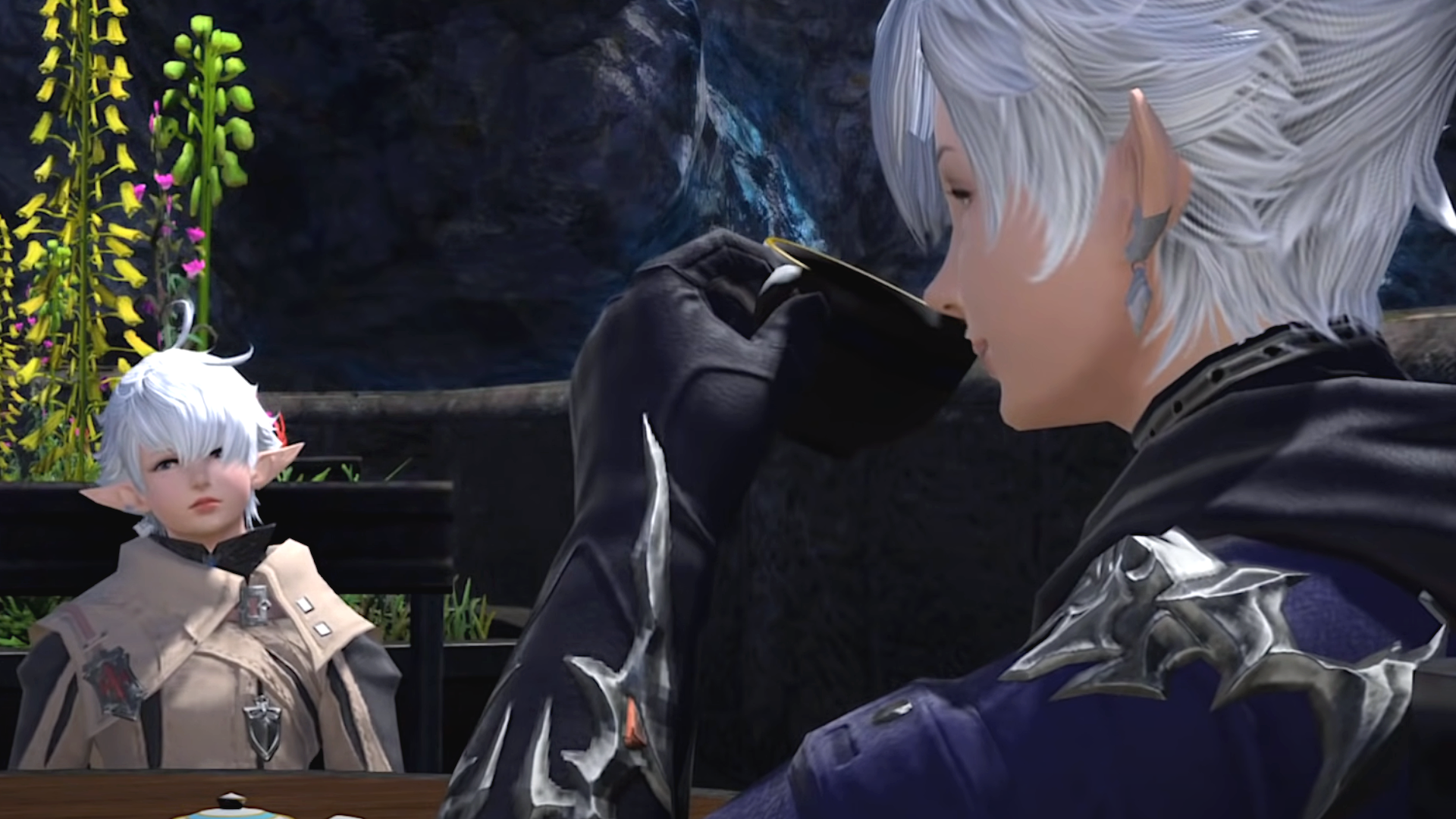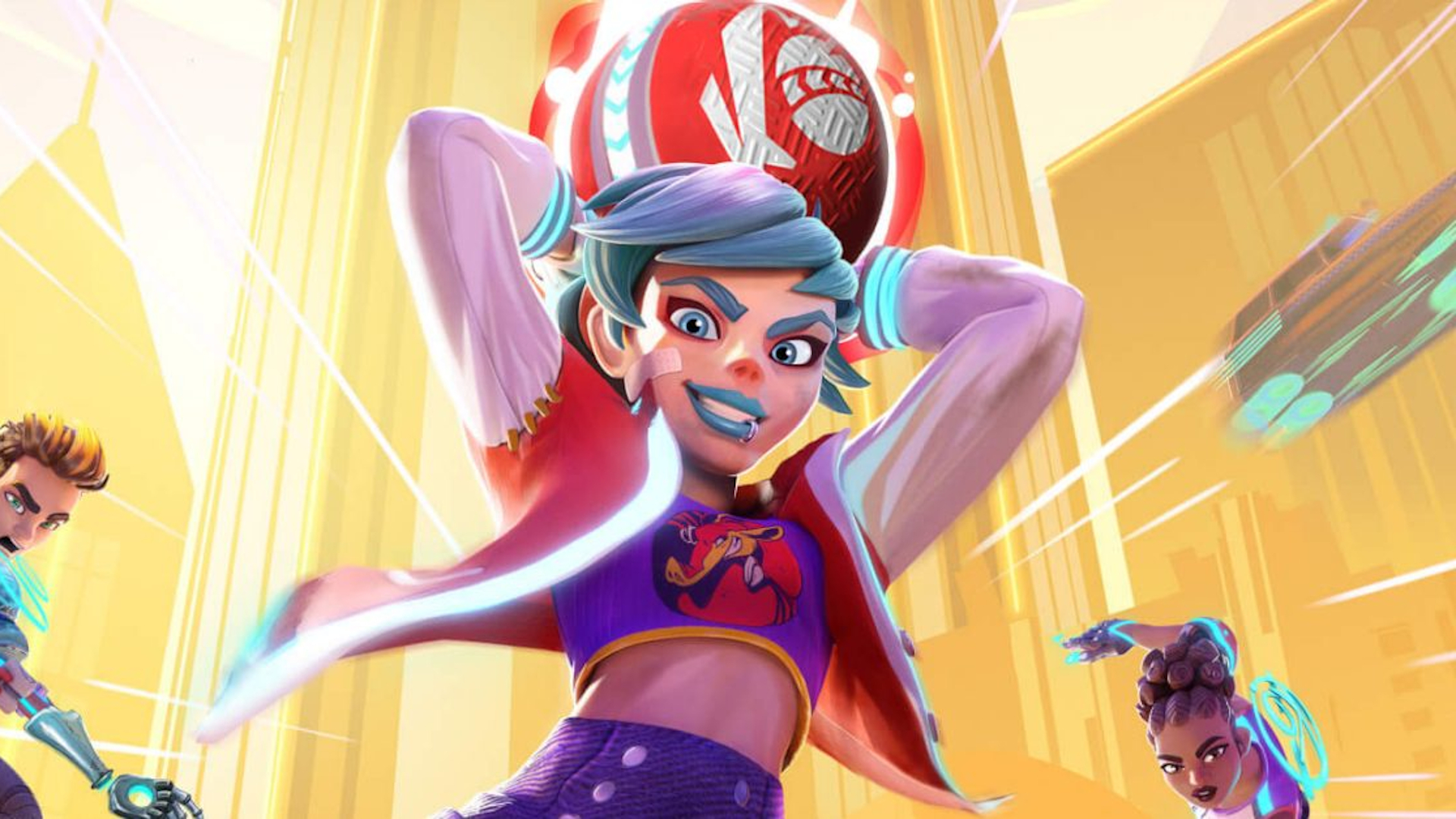
No “live service” game lives forever, or in the euphemistic language of the games business, they all get “sunsetted” eventually. At a GDC talk this week, Velan Studios director of marketing Josh Harrison implored other developers to prepare for that inevitability, ideally by doing the thing we also hope they’ll do every time: making their games available to play even after the official servers are unplugged.
Harrison was in charge of marketing for competitive dodgeball game Knockout City. We loved the game, which we awarded a 90% in our review, but even after going free-to-play, it struggled to retain players. Velan Studios shut down Knockout City’s servers two years after it launched.
To buoy dev team morale and avoid being scorned by fans, Harrison recommends making a big celebration out of the sunset rather than trying to minimize the news. Knockout City’s end was announced with a video message—Velan recorded multiple versions in case the news leaked early, which it did—and included a $25,000 tournament (which in hindsight, they might’ve scaled back), a two week in-game event, a limited edition art book and vinyl soundtrack, and more.
There’s one thing, however, that Harrison recommends studios do above all others when sunsetting a live service game: let players keep playing the game on their own servers. Before shutting down Knockout City, Velan released the game as a standalone Windows executable with private server support. It’s still available to download.
“There are small but mighty communities that are still going, built around this private server months after shutdown by playing games daily, hosting their own tournaments where they’re raising their own prize pools, and more,” said Harrison. “One community member even built a launcher that makes it easier to get into private servers as well as see a private server list of active player counts.”
Harrison acknowledged that the feasibility of releasing a standalone client will vary between games and studio circumstances. Velan Studios itself wasn’t on the verge of shuttering despite Knockout City’s struggles, so it had the funds to briefly dedicate a team of developers to the problem. It helped that the task was fairly straightforward: development builds of Knockout City operated “very similarly to how a private server build would,” said Harrison, making the project “a relatively light lift.”
The developers did have to “sanitize” Knockout City’s private server build by removing any licensed software and crossover cosmetics, and dumping the free-to-play progression and monetization systems. They also had to get it right: The point of sunsetting the game was to move the dev team completely onto another project, so no one would be supporting the standalone version after that point. It was worth the effort, Harrison says.
“If you take one thing away from this talk, this is it: Make a private hosted version of your game,” said Harrison. “It is the single biggest thing that we did to impact the positive reception of the sunset. It got great press, got great reactions from players, and ultimately, it keeps the game that everybody at the studio worked so hard on alive forever, even with the live servers offline.
“In our case, we were only able to do it for PC players for a few different reasons but it still did the job that we wanted it to, and due to some extremely light analytics hooks in it, we still see people playing it every day even nine months later.”
That the best way to soften the blow of shutting down a game is to let people keep playing the game isn’t the most astounding observation ever, but I found it heartening that it was Harrison’s top recommendation in what could’ve instead been a talk about the best ways to save face without actually preserving the game. Most don’t get that treatment—typically when a live service game ends, it becomes impossible to play.
Source link

